Our Programs
We’re here to help!
Programs available for children and their families
Early Years
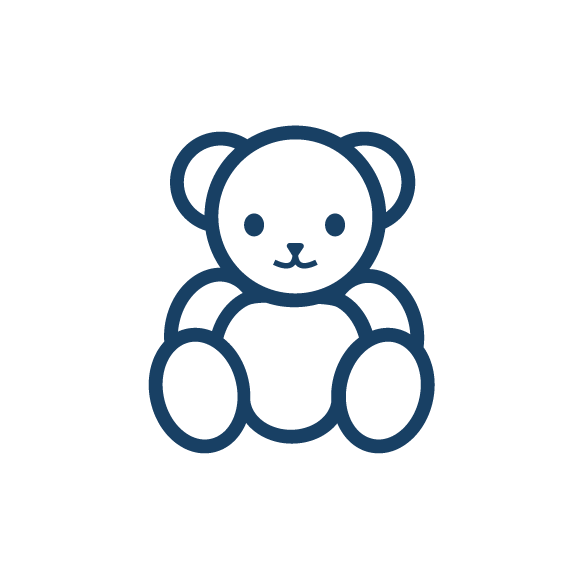
Early Years
In February 2019, the NWCDC was the successful proponent and awarded the new Early Years contract to start 2019/20 fiscal year. This contract is funded by the Ministry of Children and Family Development and aligned with government’s Early Years’ Service Framework. This new program service delivery model would support the communities from Houston to Gitanyow (North west B.C.). The Early Years services are focused on the following; support the well-being of children ages 0-6 and their families; serve as a barrier-free access point to a system of early years services, particularly for families facing acute or chronic vulnerability; and provide clear pathways to enhanced supports and services including not limited to various community based early intervention programs.
Our Early Years Navigator is Paige Blackburn. Paige can be reached at (250) 877.8354.
The Early Years Navigator facilitates a parent/child drop in program both in Smithers and in Hazelton for age 0-6 children and their caregivers. Available to families to support questions around child development and knowledgeable on resources available in the community to support families in the early years.
Child Care Resource and Referral Program (CCRR)
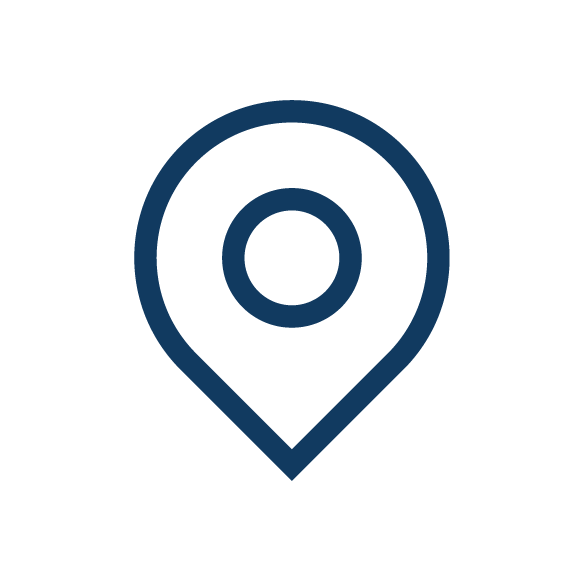
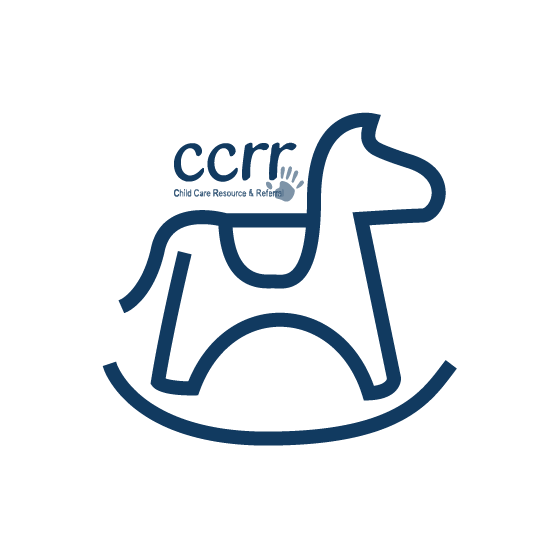
The Child Care Resource and Referral Program (CCRR)
The Child Care Resource and Referral Program (CCRR) serves child care providers and families with children (birth to 12 years) through the following services: child care referrals, resource and toy lending libraries, training and education, partnerships in community events, outreach services, and affordable child care benefit, child care business start up support and information, resources and drop in programming. The CCRR program is funded through the Ministry of Education and Child Care.
Service Area Coordinator (SAC)
The CCRR Service Area Coordinator (SAC) enhances communication among the CCRRs in the North and between the CCRRs and the Ministry of Education and Child Care (ECC). The SAC ensures appropriate standards, promotes the programs and child care across the Northern region of the province. The SAC also assumes a leadership role in ECC provincial projects related to child care, including development implementation, budget management and reporting to ECC.
Our Acting Service Area Coordinator is Winnie Tsai. Winnie can be reached at 250-877-3810 or winnie.tsai@nwcdc.ca.
The Northern Region includes the communities of Haida Gwaii, Prince Rupert, Terrace, Smithers, Prince George, Quesnel, Dawson Creek, and Fort St. John.
Indigenous Infant Development Program (AIDP)
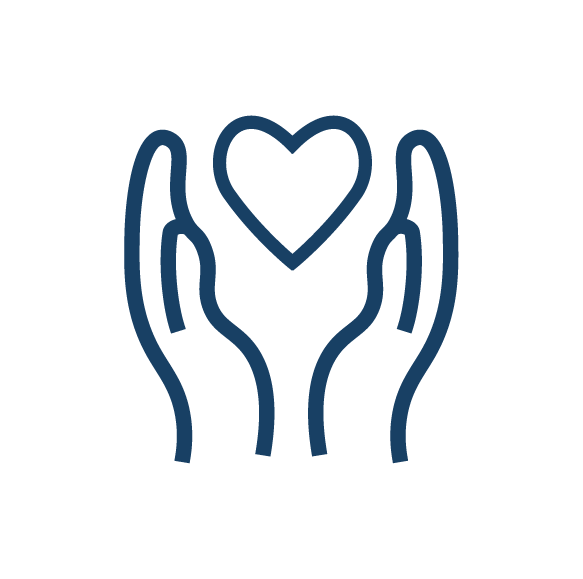
Indigenous Infant Development Program (IIDP)
This program demonstrates ways in which traditional knowledge and culture can be combined with research findings to build children’s resilience. IIDP supports social learning from Elders and the children’s family members and cooperates and collaborates with community members to achieve the common goal of promoting well-being of children. The Indigenous Infant Development Program offers family centered services that promote and encourage active family and community participation in specialized programs for infants and children (birth to age three) who have a developmental delay or who are at risk of a delay. Funded by the Ministry of Children and Family Development. Communities served within the Bulkley Valley, Witset and the Hazeltons.
Parents can refer their child directly to the Indigenous Infant Development Program. If you wish to make a referral, please complete our attached printable Referral Form. Referral Form.

Early Intervention Program
The Early Intervention Program was established to provide community-based services and supports to children between birth and school entry who have, or are at risk for, a developmental delay and/or disability, as well as their families and communities. Recognizing the importance of the early years, the primary goal of the Early Intervention Program is to optimize the growth and development of children from birth to school entry through screening, assessment, family education and support, consultation, monitoring, direct intervention, transition and community planning. Funded by the Ministry of Children and Family Development. Communities served within the Lakes District and Nechako Lakes.
Family Services Coordination
Occupational Therapy
Physiotherapy
Speech and Language Therapy

Family Services Coordination (FSC)
The Family Services Coordinator is usually the first contact for families of children who are birth – 5 years old, and have been referred for early intervention therapy services. Family Services Coordinator work in the following areas::
- Complete the intake process.
- Parent education and support.
- Parenting skills.
- Children’s behaviour.
- Provide families with information on advocacy skills.
- Provide emotional support and guidance.
- Assist families with coordination of services.
- Connect families with other services in the community.
Parents can refer their child directly. If you wish to make a referral, please complete our Referral Form
Referral Flow Chart also available for viewing. HOW TO REFER
ANYONE CAN REFER
Speech & Language Pathology (SLP)
The Speech and Language Therapist works with families to help their child reach their best potential in understanding how to use language and communicate. The therapist works in the following areas:
- Non-verbal communication (making sounds, gestures and expressions)
- Understanding and responding to questions and directions
- Talking in simple words, or combining words to use more complex statements
- Pronouncing words clearly
- Social communication skills (eye contact, greeting others and taking turns)
- Hearing
- Feeding and Swallowing skills
Parents can refer their child for services. If you wish to make a referral, please complete the attached Referral Form
Referral Flow Chart also available for viewing.

Occupational Therapy (OT)
The Occupational Therapist works with families to help their children do their best in all their day to day activities. The therapist provides support in the following areas:
- Settling and Calming for sleep and play
Fine Motor Skills (holding toys, building toys, holding crayons, cutting and drawing) - Feeding and Swallowing skills
- Activities of Daily Living (dressing, grooming and toileting)
- Cognitive and Perceptual skills (copying, sequencing, recognizing shapes and learning preschool concepts)
- Sensory-Motor skills (motor planning, postural control, sensory sensitivity and coordination of the whole body)
- Play skills (playing with toys, playing make believe and playing with others)
- Equipment and environment (splinting, specialized equipment, devices and technology)
Parents can make a referral for services directly. If you wish to make a referral, please complete our attached printable Referral.
Referral Flow Chart also available for viewing.
Physiotherapy (PT)
The Physiotherapist works with families (and the rest of the team) to help children develop their best possible movement skills. The therapist works in the following areas:
- Head control and body position
- Learning to roll, crawl, stand and walk
- Balancing (on one foot or on uneven surfaces)
- Climbing stairs
- Running, jumping and climbing
- Ball skills
- Overall strength and coordination for play
- Learning to ride a trike or bike
- Cardiovascular or respiratory function (heart and lungs)
- Specialized equipment for movement or play positions (wheelchairs, walkers and seating devices)
Parents can refer their child for services directly. If you wish to make a referral, please complete our attached Referral Form.
Referral Flow Chart also available for viewing.
We work together with the Infant Development ProgramTeam at the CDC. With your consent, we can also work with other members of the community who are involved in your child’s life, such as Supported Child Development Consultants, Doctors, Nurses, Day-care providers, Pre-school staff, etc.
Parents can refer their child directly to the Early Intervention Program. If you wish to make a referral, please complete our Referral Form.
School Age Therapy (SAT)
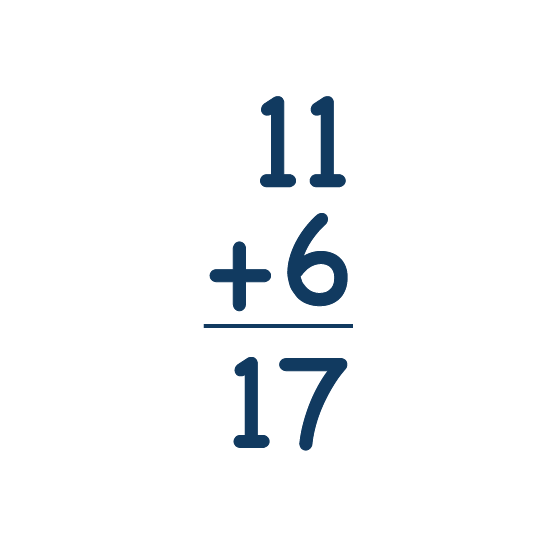
School Age Therapy (SAT)
The School Age Therapy Program (SAT) serves school aged children (ages 5 to 19). Occupational Therapists and Physiotherapists provide assessment, consultation, and program recommendations to parents and teachers of students, or direct intervention for students who have or are at risk for, or have an identified developmental delay or disability. It is the goal of therapists to work with school personnel and parents to enable the student to achieve their maximum potential and independence in all areas of life. Therapists work with families, teachers, teaching assistants, and other health care professionals to provide a student-centered, team approach. Funded by the Ministry of Children and Family Development. Communities served within the Bulkley Valley, Upper Skeena, Lakes District and Nechako Lakes.
If you have any questions please call us at 250-847-4122.
Other
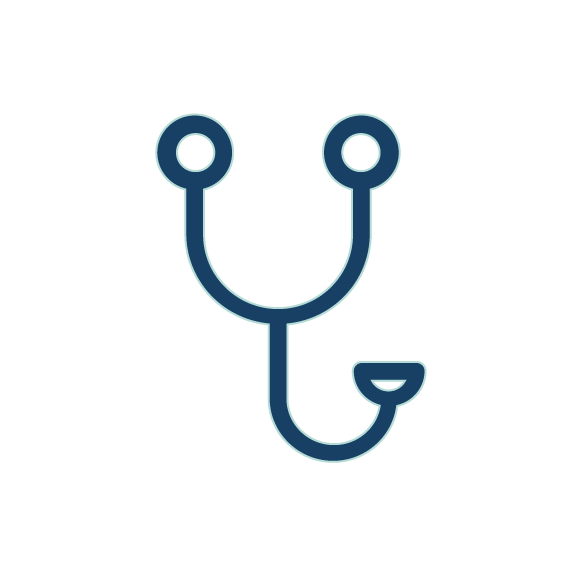
Sunny Hill Outreach
Sunny Hill Outreach
Various professionals visit the Northwest Child Development Centre, from the Sunny Hill Health Centre in Vancouver, to provide children, youth and their family’s specialized clinics.
These Clinics include the following:
• Seating and Mobility – Specific Seating and Mobility Assessment
• Psychology Assessment – Psycho-Educational Intellectual Functioning Diagnosis
• Assistive and Augmentative Technology
• Feeding and swallowing assessment
• Vision Consultants
For more information, please contact the NWCDC at 250-847-4122.
Other programs that are provided to families through the NWCDC.
